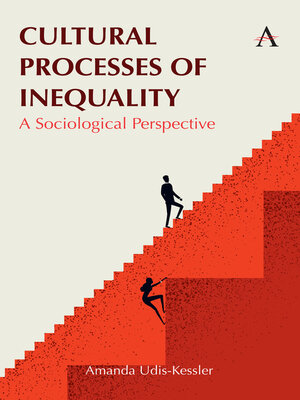
Sign up to save your library
With an OverDrive account, you can save your favorite libraries for at-a-glance information about availability. Find out more about OverDrive accounts.
Find this title in Libby, the library reading app by OverDrive.



Search for a digital library with this title
Title found at these libraries:
| Library Name | Distance |
|---|---|
| Loading... |
Cultural Processes of Inequality: A Sociological Perspective shows how inequality is produced and reproduced through mundane, routine actions based on taken-for-granted assumptions about who should be treated well and who 'deserves' to be treated poorly. Members of socially valued groups (such as white people and men) tend to receive the benefit of the doubt both personally and institutionally, while members of socially devalued groups tend to be denied the benefit of the doubt in both kinds of contexts. This straightforward way of thinking about value and devaluation, privilege and discrimination, works across multiple forms of inequality and at social levels ranging from interpersonal interactions to large-scale institutions, while showcasing the importance of different levels and types of social power (decision-making, cultural and individual). Moral exclusion and inclusion, moral alchemy, false equivalencies, self-fulfilling prophecies, positive and negative visibility and invisibility and the linking of social groups to definitions of social problems are among the processes discussed. Contemporary U.S. examples show how these often-underutilized sociological concepts make sense of specific kinds of inequality. The book includes concrete suggestions for social change, an appendix introducing sociology and discussion questions for students.







